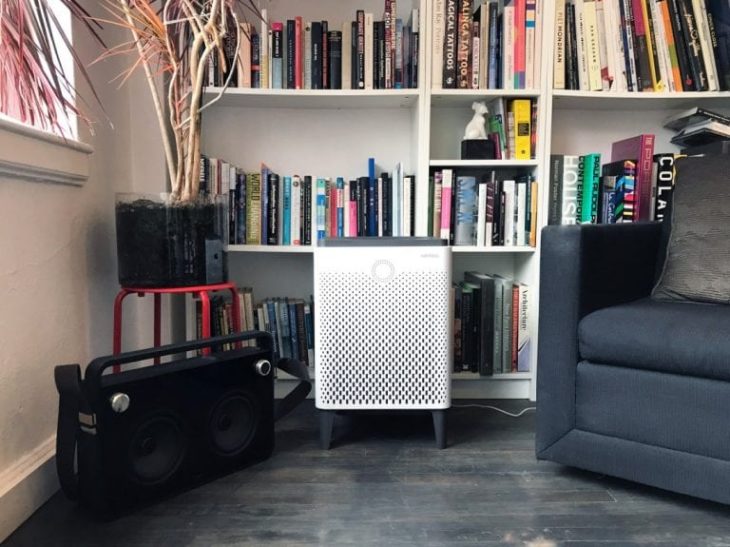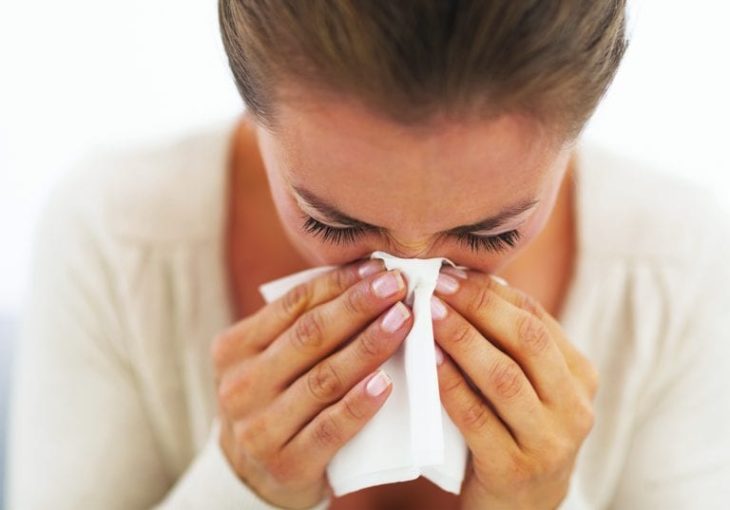An air purifier, also known as an air cleaner, is a device which helps to remove any potential contaminants from the air within a room. Popular with those suffering from asthma or allergies, they can also be useful for eliminating second-hand tobacco smoke from an interior space, as well as impurities such as CO2 where the air is being processed.
Once reserved for medical, industrial, and commercial industries, they are becoming more commonplace in residential homes and spaces. Whether you live with a smoker, wish to remove dust or allergens from your home, or seek purer, filtered air for yourself and your family, purifiers can be a valuable investment.
How To Choose A Purifier
There are a variety of different options to choose from, depending on your individual needs:
1. HEPA Air Purifiers
HEPA stands for High-Efficiency Particulate Air filters. These work to trap microscopic contaminants, and can eliminate 99.97% of all particles which are larger than 0.3 microns.

source: coolhunting.com
The fibers of the filter work to trap particles within the airflow. Any particles which are larger than one micron can stick to these fibers as the air passes; the efficiency of the HEPA filters means that even these tiny particles will be picked up.
2. Allergy and Asthma Air Purifiers
If you or a family member suffers from allergies, these can be an ideal choice. They help to capture any airborne pollen, dust and other allergens which may be in the air, leaving you with safe and breathable air. Many have HEPA or activated charcoal filtration, allowing the tiniest particles to be absorbed and eliminated.
Activated charcoal filtration removes the microscopic particles using chemical absorption. The carbon is treated with oxygen so that it becomes activated, and this opens up millions of tiny pores in between the carbon atoms. This increases the surface area in a small space, allowing for greater absorption of pollen and dust particles.

source: swfhealthandwellness.com
While an air purifier is not a cure for allergies or asthma, they can help to filter the allergens, which reduces triggers and can improve your quality of life.
3. Smoke and Odor Air Purifier
Like allergen filters, these devices use charcoal filtration to eliminate smoke and odor from the air. They can be ideal for anyone living with a smoker who wants to remove the toxins and dangers associated with second-hand smoke.
This can be a dangerous substance connected to low birth weights, childhood asthma, SIDS, pneumonia, and bronchitis. Lung and heart disease from second-hand smoke also kills 41,000 people a year; all good incentives to purify the air.
4. Medical Gas and Chemical Air Purifiers

source: today.com
These eliminate gas and chemical pollution, which can be severe risks to many people suffering from serious medical conditions. Those who have a compromised immune system, are elderly, or chronically ill may all be vulnerable to airborne toxins. For these people, a purifier is not merely a nice addition to the home, but a potential lifesaver.
